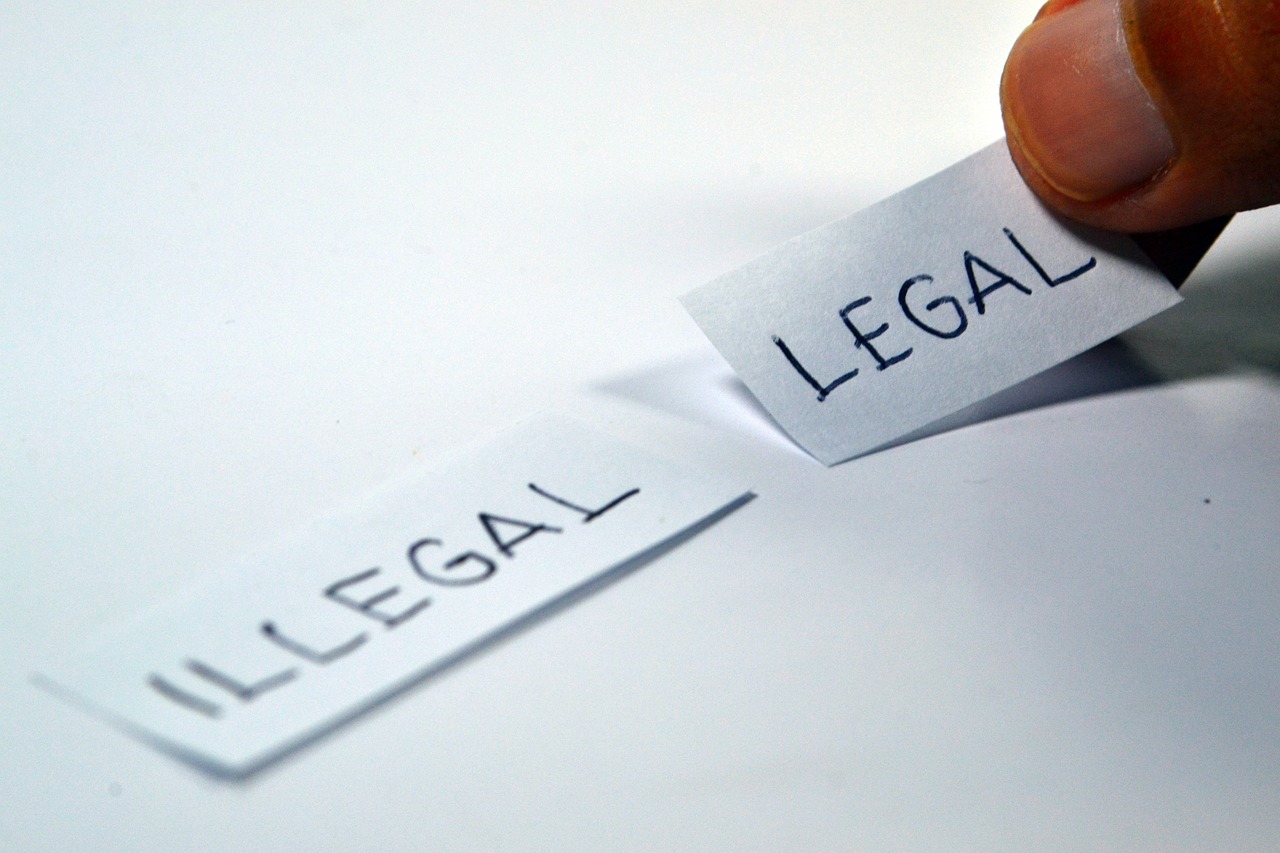What Does Probable Cause Mean?
If you have been in a legal situation, you have most likely heard the term “Probable Cause.” It is frequently used in court cases because it determines the logical belief that a crime has been committed based on the evidence provided.
There are many situations where probable cause is the necessary ruling for or against the defendant in question. This term is similar to “Reasonable Suspicion” but the two have different laws tied to both and how police can handle the crime being committed.
For example, a search and seizure can only be conducted with a search warrant if there is probable cause that they are guilty. Police only need reasonable suspicion to stop someone and ask questions but cannot arrest them without probable cause.
Right to Probable Cause Determination
A person who has been arrested for an offense for which no warrant has been issued — if not released on bail — is entitled to a determination by a judicial officer of whether there is probable cause to believe they committed a crime. The only exception is for those whose detention is otherwise authorized by a warrant or other judicial process.
Once the judicial officer has made their determination, the decision is final as to whether it will be a criminal charge and on your permanent record. This cannot be done without the judicial officer submitting a record of the case with written information submitted by the police.
When You Need Probable Cause
Probable cause is needed to arrest someone, search without a warrant, and detain someone arrested on suspicion of having committed a crime or to obtain a search warrant. This ruling applies to both felonies and misdemeanors. The term is different in each state but they all tie back to the Fourth Amendment in the United States Constitution.
This protects people from unnecessary searches or seizures. If the police want to proceed with their searches or seizure, they must have a warrant and valid evidence for probable cause.
Cases Which Permit Probable Cause
If you are accused of committing a misdemeanor crime and are not arrested, you are generally entitled to a Show Cause Hearing. The hearing is held before a District Court clerk magistrate to determine if there is probable cause to believe you committed the crime. If the magistrate finds probable cause, a complaint will be issued and you will be given a date in the mail to appear for your arraignment.
In Massachusetts, Show Cause Hearings are based on evidence and best fought with an experienced defense attorney. Criminal cases in the District Court rely on the decision made by the grand jury after they have been presented evidence by the prosecutor. If they believe that the defendant has probable cause for committing the crime, they too issue an indictment, and the individual is notified. The charge does not mean that they committed the crime until guilt is determined by a judge or jury.
Find an Experience Lawyer Who Fights Cases Without Probable Cause
A criminal charge should not be charged against a person unless there is probable cause to believe they committed the crime. The Fourth Amendment safely protects citizens from being detained, searched, or accused without probable cause to do so. If you were wrongly accused, searched, or seized without the proper precautions beforehand, hire an experienced lawyer who understands the rules of probable cause and how to fight them in a court of law.

